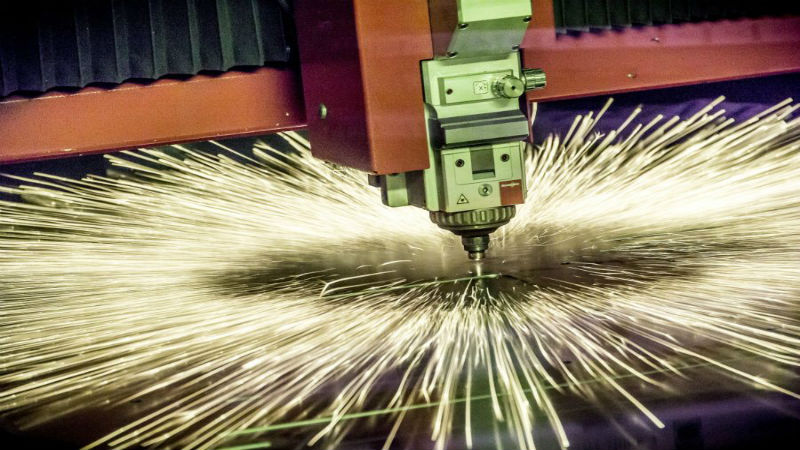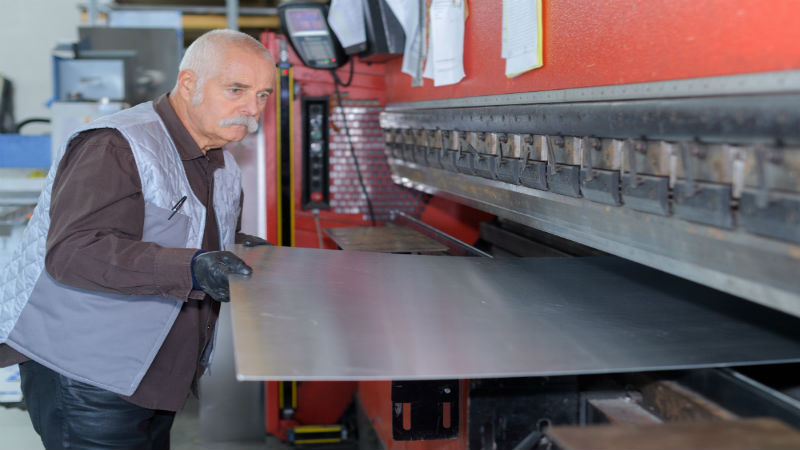Fabrication shops have been in existence for over a century. Modern shops emerged following the end of World War II. During and after the war, metal fabrication companies had boom times. The American economy soared, and fabricators rode along the peak. However, several crashes or blips in the economy continue to alter the face of the industry.
The Challenges Facing Metal Fabrication Shops
During the past decade, metal fabrication shops have begun to re-organize everything. They have updated and modernized, become technically savvy and diversified. Certain challenges face metal fabrication companies if they want to survive. Among the top ones are:
* Overseas competition
* Smaller base of domestic customers
* Working to reduce expenses while maintaining high-quality results
* Eliminating waste
* Conforming to increasingly tighter government/environment regulations
* Maximizing efficiency
Today’s metal fabrication shops demand customization and very fast turnaround times. More and more customers want not specific services but a one-stop metal fabrication shop. For complex projects, they want to work with one fabricator rather than deal with several.
Metal Fabrication Companies: Surviving in Uncertain Economic Times
If metal fabrication shops – large and small, are to survive, they need to ensure they can adjust quickly. They must be able to meet the demands of today and tomorrow. It is not difficult to do so when the economy is booming. However, if financial circumstances change, it is important to be ready.
Cutting corners may not prove to be enough. Shops need to know who their customers are. If they do not learn how to adjust their output and cater to the markets they command, while retaining their ability to diversify, they will fail. By combining diversification, financial stability awareness with an informed and highly skilled staff, many metal fabrication companies will learn how to stand out from the competition. They will be able to reduce costs without sacrificing quality. They will be able to handle whatever the national and global economy will dish out.


